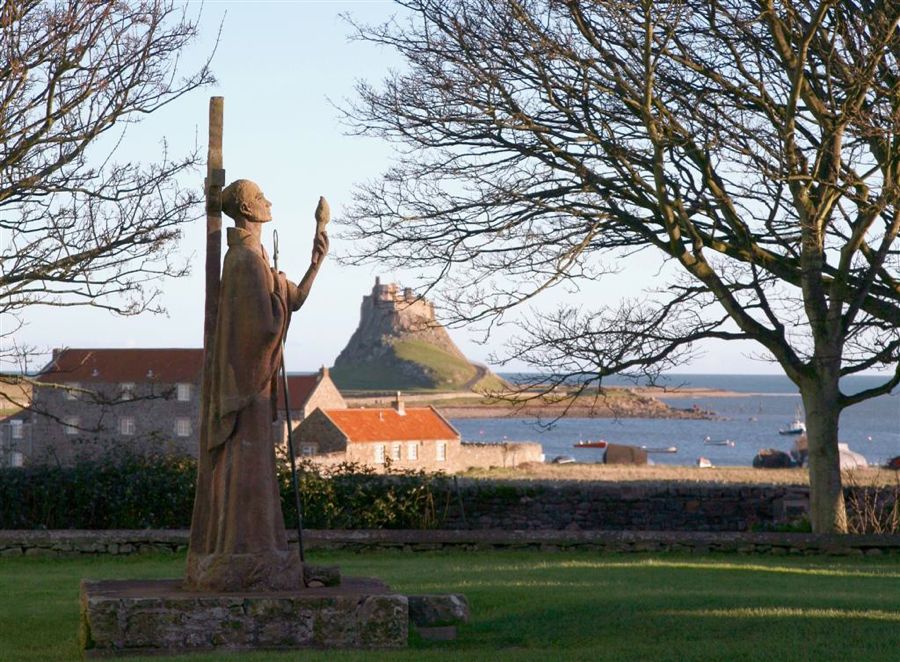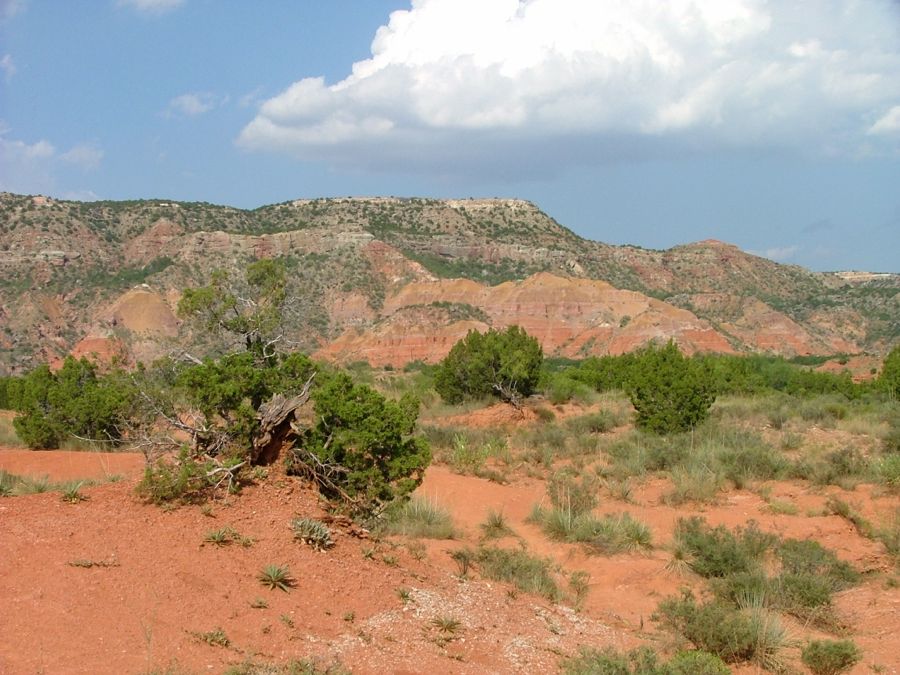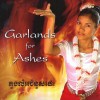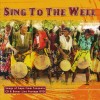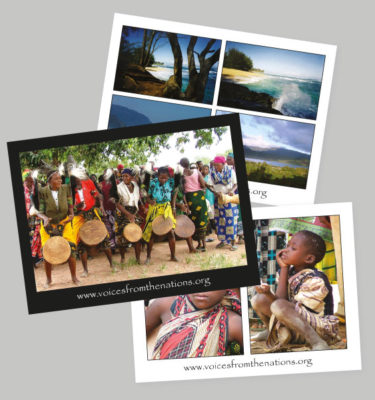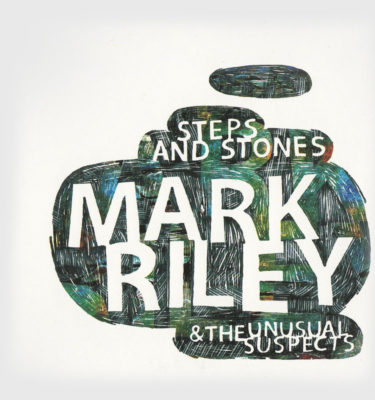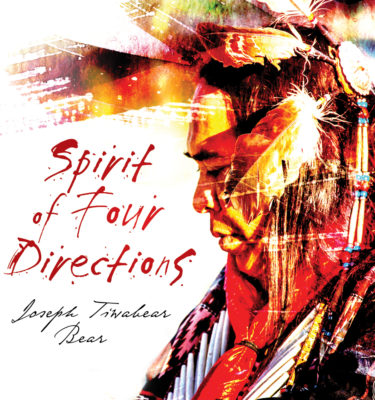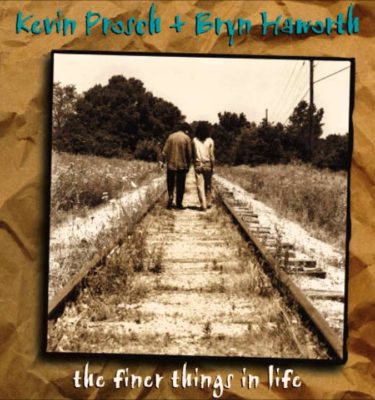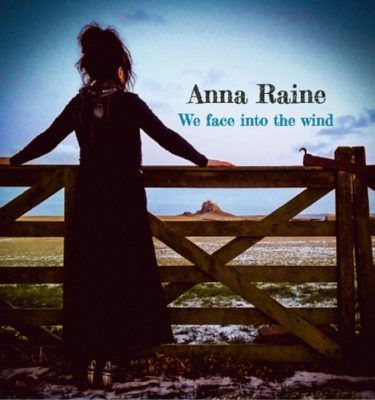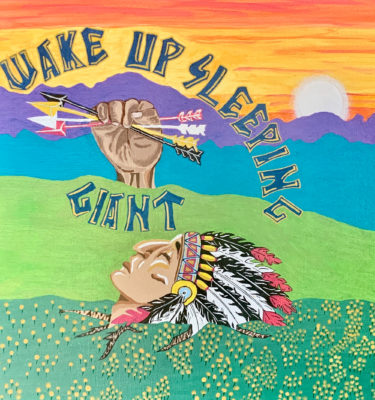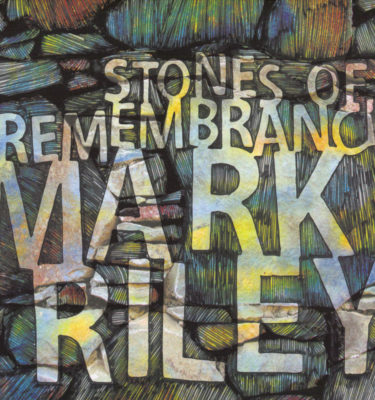Early this morning we set off to Mnase village in what can only be described as a metal moving object crammed to absolute capacity with people, chickens and general household objects. This picture gradually got worse as people finding no room through the doors started climbing in through the windows ….. and every once in a while there would be startled looks at the realisation that there were Msungu’s (white people) on the bus! Read More
This video made me smile ….. good job Matt!
Michael from Germany sent me this very funny story told by Bill Cosby of his early exploits as a young drummer in Philadelphia. Drummers will have been there!!
 I think this is a very difficult term to pin down. I haven’t found a definitive definition, in fact it is interesting to note that the UN has decided that the best approach is to identify rather than define indigenous peoples. Read More
I think this is a very difficult term to pin down. I haven’t found a definitive definition, in fact it is interesting to note that the UN has decided that the best approach is to identify rather than define indigenous peoples. Read More
Time at home and Holiday September – October)
September was a time for rest and taking some time to help at the community mother house. It was so good to be home and enjoying the simple community life again www.northumbriacommunity.org …. we feel very fortunate to have such an amazing base that we can call home.
At the beginning of October we gathered family in the south of Spain for Martin’s 50th ….. lots and lots of food, games and laughter ….. also much fun watching the English rugby team beat Australia, in the World Cup finals whilst sitting in the sun!!!
…. and our Stateside adventure. Read More
Once in a far distant country, somewhere to the north of Afghanistan there was a city inhabited entirely by the blind. One day the news came that an elephant was passing outside the walls of the city. Read More
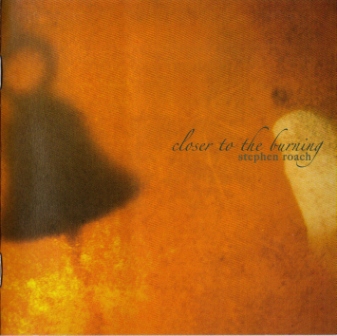
The last stop was North Carolina where another album was recorded this time with Stephen Roach, a percussionist and hammer dulcimer player and a bunch of other young and talented musicians. Stephen and friends belong to a growing community of people www.aplacefortheheart.org who own a wonderful retreat centre in the heart of NC.
A highlight of the recording was impromptu drum pieces with a Cuban style conga player Peter Singles from Florida, Stephen playing Arabic percussion and Martin using African drums, a very special moment. This album should be available through their community and if you want a taster, listen to a couple of tracks at www.myspace.com/closertotheburning
Beloved
In the last few years, as we have spent time in North Carolina, we have really enjoyed the wonderful folk music that emanates from this area. If you have never heard the hammer dulcimer or the Appalachian dulcimer then you have missed out.




